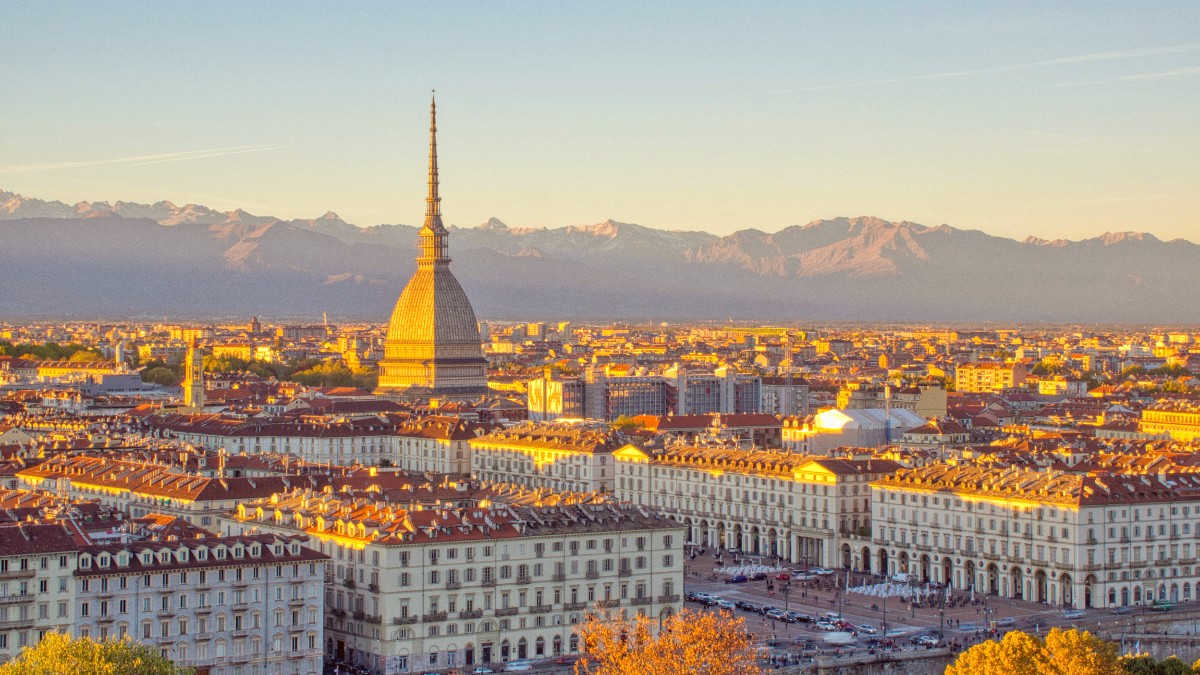
Liguria Piedmont And Valle Daosta, Italy
Turin a continental climate, marked by distinct seasons that different advantages for travelers.
Climate patterns throughout the year mean varying temperatures, precipitation, and humidity.
Each season Turin advantages for travelers seeking different experiences.
Season analysis includes pros and cons for informed planning.
(June-August, late December)
Warm summer weather outdoor activities and events. All attractions operate on full schedules. Late December festive Christmas markets.
Accommodation and flight prices at their peak. Attractions and public spaces larger crowds, longer queues. July and August very hot.
(April-May, September-October)
Most pleasant temperatures for exploration, comfortable days for walking and outdoor dining. Fewer crowds than high season, prices more reasonable.
Some smaller attractions or businesses may have slightly reduced hours. Possibility of rain showers compared to summer.
(November-March, excluding late December)
Lowest prices for accommodation and flights. Very few tourists, authentic observation of local life. Access to winter sports.
Weather cold, daylight hours shorter. Fog common. Some outdoor attractions closed or limited access. Quieter atmosphere.
Turin's location at the foot of the Alps means its weather influenced by mountain systems. Summers hot, especially in the central hours of the day, sun protection and hydration. Winters quite cold and prone to fog, which linger for days.
While snow possible in winter, especially December and January, heavy snowfall rare in the city center itself, though abundant in the nearby mountains. Pack layers for all seasons, as temperatures vary significantly.
April-May and September-October the best combination of pleasant weather and fewer crowds.
September-October ideal, coinciding with the grape harvest and white truffle season.
June to September the best weather for hiking and exploring the Alpine regions.
December through March prime season for winter sports in the accessible resorts.
Italy a member of the Schengen Area, a zone of 27 European countries that abolished passport and all other border control at their mutual borders.
Citizens of many non-EU/EEA countries generally a Schengen visa for tourism or business stays up to 90 days. From mid-2025, visa-exempt non-EU nationals need to apply for an ETIAS travel authorization before their trip.
The application process submitting a completed visa application form, a valid passport, recent passport-sized photos, comprehensive travel insurance, proof of accommodation, and documentation demonstrating sufficient financial means.
Turin options for every budget, from cost-conscious travelers to those seeking luxury experiences.
Turin generally a safe city for travelers, a high standard of public health and accessible emergency services.
No specific vaccinations for entry to Italy from most countries.
Ensure routine vaccinations up-to-date (MMR, DTP, Polio, Flu). Hepatitis A and B also generally for travelers.
Visit your doctor or a travel clinic 4-6 weeks before your trip for personalized health advice.
Prevention Strategies
Sunburn/Heatstroke (Summer): Use sunscreen, wear a wide-brimmed hat, sunglasses. Hydrate well, seek shade noon-3 PM. Dehydration: Drink ample water, tap water safe.
Food-borne illnesses: Risk generally low. Choose busy establishments for street food. Seasonal Allergies: Bring usual antihistamines.
Always prioritize hydration and sun protection in warmer months.
112 the single emergency number across Italy and the EU for ambulance, police, fire.
Excellent public healthcare. Major hospitals Molinette, San Giovanni Battista. Pharmacies ("Farmacia") provide medications and advice.
Tap water in Turin safe to drink. Food hygiene standards generally high.
Turin a safe city for tourists. Like any major urban center, petty crime can occur. Natural disaster risks generally low.
Travel insurance highly for all travelers to Turin. It financial protection against unforeseen circumstances.
Coverage for doctor's visits, hospital stays, and emergency medical evacuation.
For non-refundable expenses if trip cut short or canceled due to covered reasons.
Compensation for lost or delayed baggage. Personal Liability coverage if you accidentally cause damage or injury.